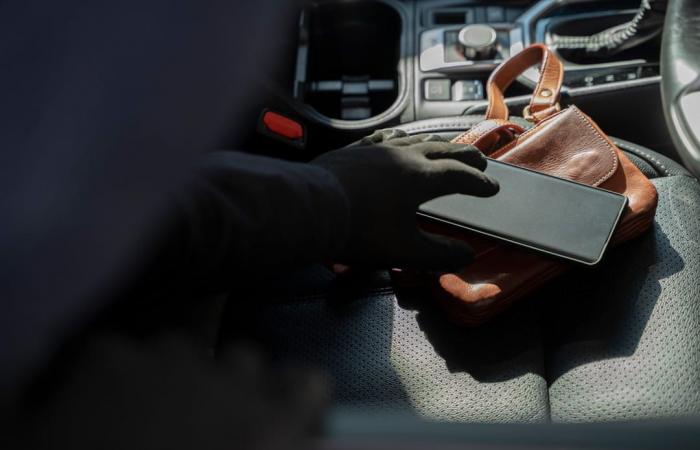Phones have become a prime target for hackers. The NSA provides simple but effective advice to protect yourself from it.
Phones, now veritable digital Swiss army knives, concentrate personal data, photos, messages, banking information and much more. A real El Dorado for cybercriminals who continue to intensify their attacks to hack them.
According to a Kaspersky study, nearly 33.8 million malicious attacks targeted smartphones in 2023. Mobile malware is becoming ever more sophisticated to steal data, spy on users or ransom their devices.
The US National Security Agency (NSA), whose mission is to protect government information systems, published in 2022 an updated guide to best practices for securing mobile devices in the face of this growing threat.
Among the key recommendations, we find a childishly simple but formidable gesture: completely restart your smartphone every week. This manipulation makes it possible to stop running malware in its tracks. It also forces applications to re-request access permissions to the phone’s data and functions.
Of course, the weekly reboot is not a panacea on its own. But combined with other reflexes such as systematic updating of the OS and apps, installation of applications only from official stores, and distrust of questionable links and attachments, it significantly increases the level of protection.
Cybersecurity experts agree with the NSA. Regularly turning off your smartphone allows you to reset many of its software components, and therefore get rid of any malicious codes nestled in the RAM. This is also an opportunity to sort through applications, and uninstall those that are no longer used and could constitute entry points for hackers.
But be careful, while restarting is beneficial, it does not exempt you from overall digital hygiene. Prevention is better than cure by applying the basic rules: choosing a strong password, activating a screen lock, regularly backing up data, being vigilant on public WiFi networks, etc. So many common sense measures which, combined, weave an effective safety net around our precious smartphones.







